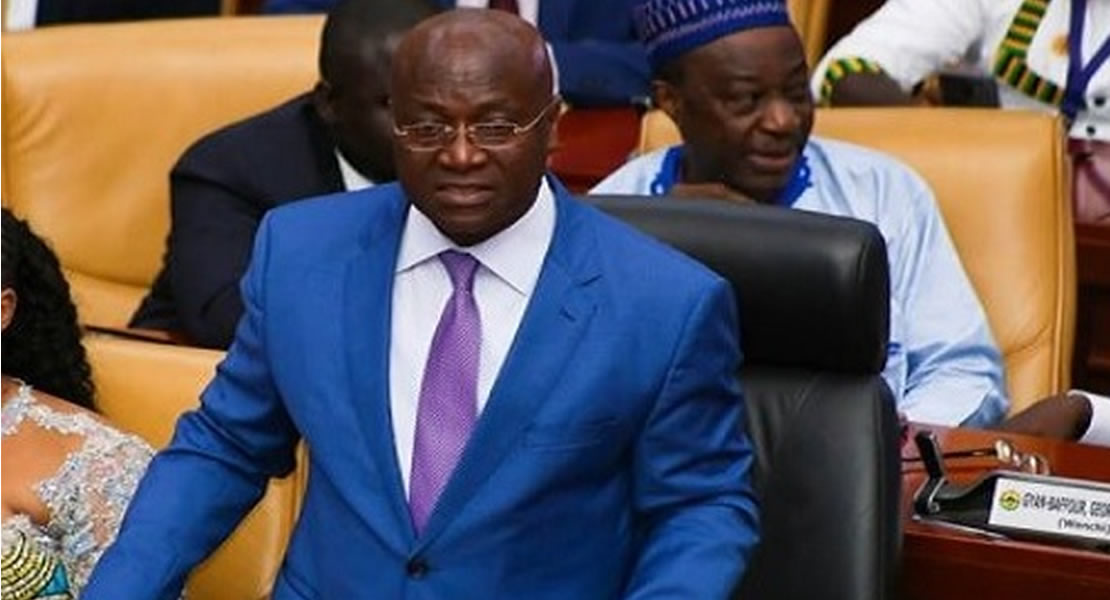
As President John Mahama prepares to release his list of Ministerial nominees, fresh debate has begun over whether or not the Majority Leader in Ghana’s Parliament should be a Minister of State.
Critics say the concept of having Majority Leader who doubles as a Minister of State, which was widely used under the Kufour administration, encourages Executive intrusion into the Legislature.
However, advocates insist that a Majority Leader who is also a Minister of State is better placed to effectively lead government business on the floor of Parliament.
Minority leader, Osei Kyei Mensah Bonsu is of the view that if the majority leader is given a ministerial appointment he will help facilitate government business in the house because of the ‘hybrid arrangement’ of the system.
“If we had an executive president compartmentalized strictly from the legislature, the majority leader wouldn’t have to be a minister but given this hybrid arrangement, it is important that we have the majority leader a ministerial designation…..the arrangement as per our orders is that if you are not a minister, you cannot lay documents in the house on behalf of government,” he stated.
Meanwhile, former majority leader Cletus Avoka has also thrown his weight of support behind the minority leader saying it will be sensible to make the majority leader a minister to enable him [majority leader] lay documents on behalf of the government.
“As far as the constitution of Ghana is concerned, it is only ministers of state that can conduct government business on the floor of the house so in that vein, I think it will be prudent and useful that the majority leader be made a minister of state to satisfy the constitutional provisions so that he can lay documents on behalf of the president and other ministers,” he added.
Speaking on Citi Eyewitness News, Hon Avoka said: “Experience has shown that when the majority leader is not a minister of state, there are some documents that he cannot lay on behalf of the president and he is supposed to be in charge of government business. How can he be in charge of government business when he cannot even lay a common paper on behalf of the government he represents so I think the minority leader is right and I support the contention”.
The Member of Parliament for the Zebilla constituency in the Upper East Region further stated that his position as majority leader in Ghana’s fifth parliament was hampered by the constitutional provision.
“I had a lot of challenges. Sometimes there would be no minister on the floor and therefore have to defer the name of that particular document but if a majority leader who is often in the house is made a minister of state, he may have the opportunity to do so and government work will go on uninterrupted,” he said.
He further mentioned that he did not agree with critics who say a majority leader doubling as a minister of state will undermine the autonomy parliamentary.
“I certainly do not agree. The constitution provides that majority of the ministers of state must come from parliament so if an MP is also a minister of state, how does that affect the integrity or the cause of the separation of powers. Even thought the majority leader is not a minister, he attends cabinet meetings and is supposed to work in harmony with the ministers of state and represent government in parliament,” he said.
“The most important thing is integrity; how you will be able to execute your duty in the legislature without compromising with the executive,” he added.
Citifmonline.com